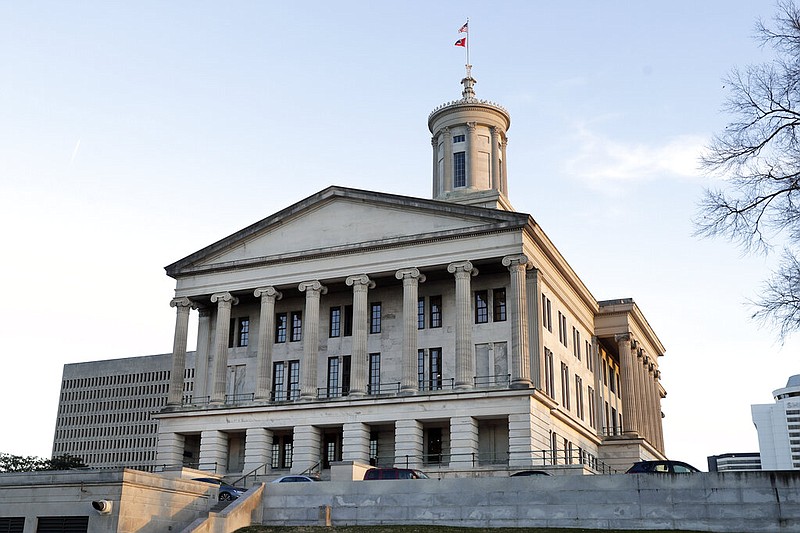NASHVILLE - A drop in Tennessee state revenue as a result of the coronavirus pandemic could leave the state hundreds of millions of dollars short for government operations, according to four state economists.
That could jeopardize remaining raises planned for teachers and state workers, necessitate use of agency reserve funds or result in layoffs as Gov. Bill Lee and state lawmakers work on the state budget.
Several scenarios were presented Wednesday to the State Funding Board.
Economists projected losses of $231 million to $700 million to the state's general fund for budget year that will end June 30. For the budget year that will start July 1, the projected losses ranged from $582 million to $1.5 billion.
The general fund, which pays for services including education and health care, stood at $13.57 billion on July 1, 2019.
By June 30, 2021, it could fall to $12.08 billion, according to the worst-case scenario laid out by Dr. Jon Smith, director of East Tennessee State University's Bureau of Business and Economic Research, who told funding board members this week he uses "conservative" estimates.
Other economists presented somewhat more optimistic scenarios, and they all said lack of data at this juncture makes predicting a challenge.
As the scope of the pandemic became clear in March, lawmakers at Lee's urging passed a no-increase $39.8 billion Fiscal Year 2021 spending plan which reduced by half planned pay increases for K-12 teachers and personnel as well as state employees and workers in higher education.
On Thursday, Finance Commissioner Butch Eley told lawmakers he believes that in the current fiscal year, the state is dealing with a "very manageable number" with an ability to use unbudgeted revenue and agencies have ample unspent reserves.
But citing the payroll raises as an example, he said the new spending plan going into effect July 1 may need to eliminate all of the planned raises, not just half.
While Eley didn't say the number, that action would save the state about $111 million.
Eley said a big focus would be on avoiding cuts to basic schools spending.
Contact Andy Sher at asher@timesfreepress.com or 615-255-0550. Follow on Twitter @AndySher1.
